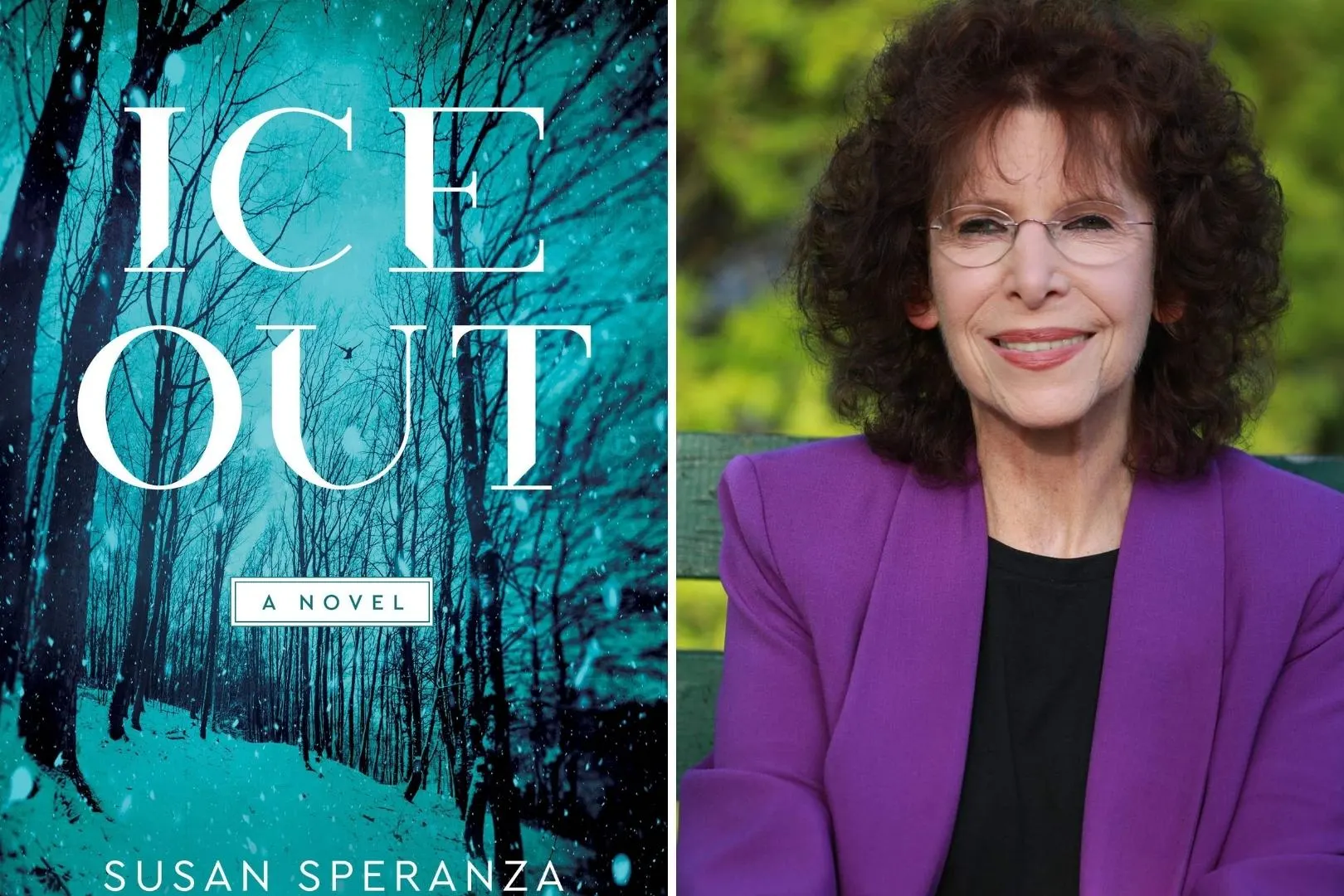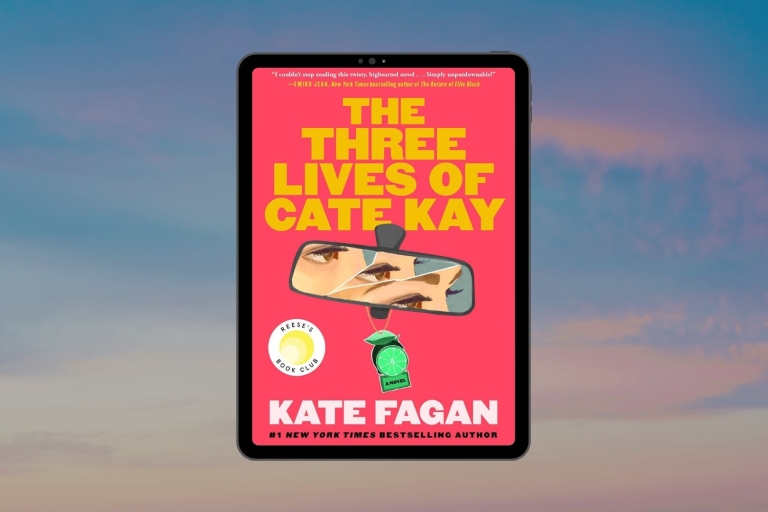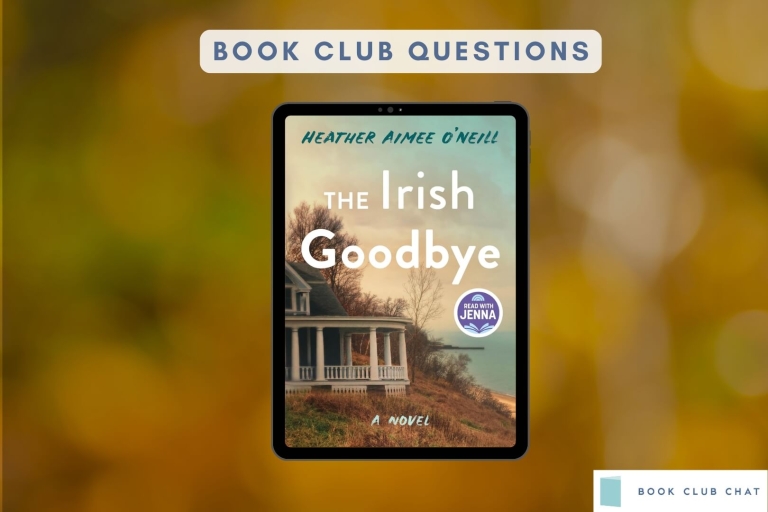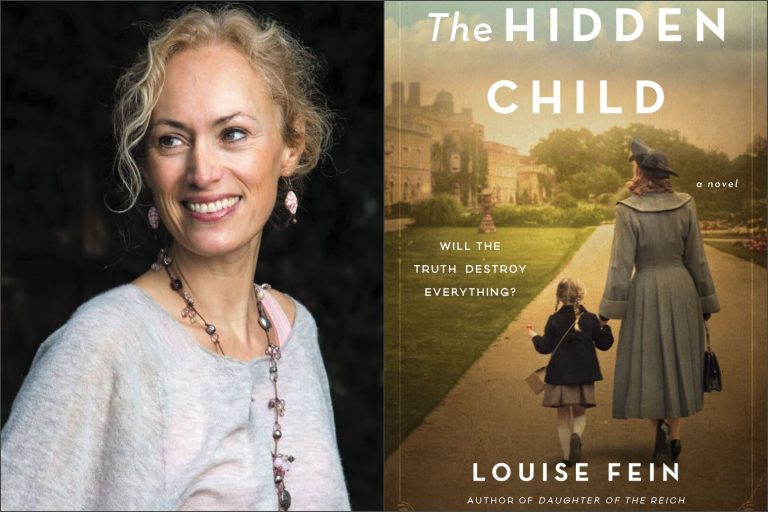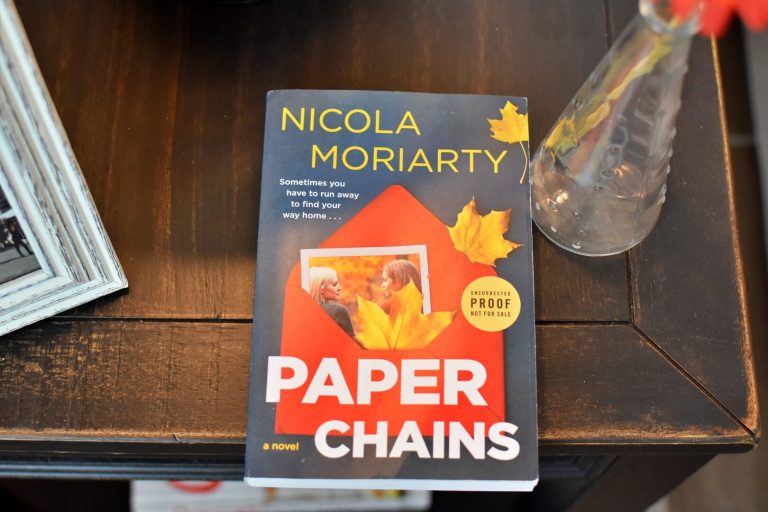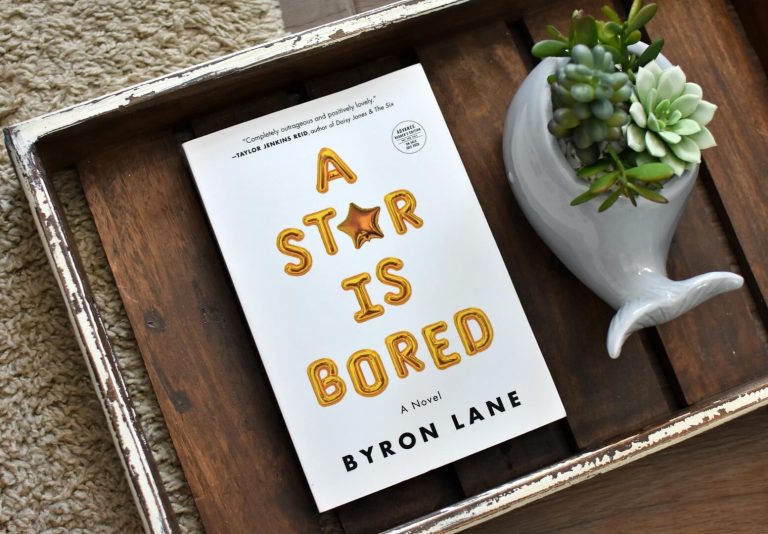Susan Speranza is the author of Ice Out, which is a blend of literary fiction, magical realism and suspense.
Susan was born in New York City, grew up on Long Island, and for a time worked in Manhattan, enjoying the hectic pace and cultural amenities of the City. Eventually, however, she grew tired of it and exchanged the urban/suburban jungle for the peace and quiet of rural Vermont living.
In between the demands of life, she authored two other books: The City of Light, a dystopian story about the end of western civilization, and The Tale of Lucia Grandi, The Early Years, a novel about a dysfunctional suburban family. She has also published numerous articles, poems, and short stories. Along the way, she managed to collect a couple of master’s degrees. When she is not writing, she keeps herself busy exhibiting and breeding her champion Pekingese.
Here’s the synopsis for her latest novel, Ice Out:
Francesca Bodin has a near-perfect life as an accomplished music teacher and professional flutist living in the Vermont countryside with her husband Ben, and their four-year old daughter, Addie. This ends suddenly when a snowmobiling accident traps the three of them in a frozen lake. Ben, after escaping onto the ice, leaves her and Addie to die.
Francesca believes she sees their dog pull Addie from the lake and drag her into the nearby woods. Desperate to help her daughter, she crawls from the icy waters and follows them. Once she enters the forest, however, she finds herself trapped in a sinister, dream-like world where night never ends, where Addie’s whereabouts remain hidden from her, and where she encounters a group of women who, like Francesca, have been left to die and now seek to unleash their revenge on those who have harmed them. When they have Ben in their sights, Francesca realizes that if she is ever to escape this nightmare and save her daughter, she must first save the husband who abandoned them.
While Francesca’s pilgrimage through this bleak landscape is on the surface a desperate attempt to find her daughter and reestablish her life as it was before the accident, it ultimately becomes an allegorical journey that takes her from despair to hope, from grief to acceptance, and from bitterness to forgiveness.
Let’s get to know Susan as she talks favorite novels, the inspiration behind Ice Out, key themes and more!
What are your favorite novels?
I have several that I have returned to over the years. Nietzsche’s Thus Spoke Zarathrustra is one, though it’s not really a novel. It is so unique, it is hard to classify, which is one reason Iike it. Kafka’s Metamorphosis is another. As with all allegories, it says so much more than the simple storyline, which is why it is a brilliant piece. Thomas Wolfe’s Look Homeward, Angel is a wonderful period piece, a coming of age novel where the writing approaches prose poetry.
When did you know you wanted to become an author?
Let me first make a distinction between being a writer and being an author. A writer creates, and author is a published writer. I didn’t one day decide to become a writer; it was something I always was. I found it easier to express my thoughts and feelings in writing than speaking – maybe because I came from a big, loud Italian family where it was almost impossible to get a word in anywhere, especially when my mother went off on her soap box. So instead of speaking, I wrote.
Even as a child I saw life and its events through dramatic – and tragic – lens. They say that life is stranger than fiction; I have known this to be true. At some point in my earlier years, I decided to try to get some of my writings published, which I did, so it was that point I became an “author”. My intent was then, as it is today, to find readers who would understand my writings and in them find a vision they share.
How did you come up with the premise for Ice Out?
I have seen many people’s lives turn on a dime. What was a perfect, happy, fulfilling life changed in an instant, and those people found themselves in circumstances they never dreamed of. They then acted in ways they never anticipated. I have always been interested in such events, how it changes people, how people react. This is what I wanted to explore in Ice Out. I also wanted to explore the process of grieving and the idea of forgiveness.
Years ago there was a ferry accident in the English Channel. Many of the men got out, many of the women were left behind. It was thought that it took some physical strength to escape the underwater ferry and make it to the surface. I wondered why many of these men in their rush to the surface didn’t help the others. Did they leave behind friends, partners, spouses?
When I began crafting this story, I thought of this incident and wondered, could you forgive your significant other for leaving you behind in a life or death situation? Should you? What would make someone do this? I used a snowmobiling accident because I live in Vermont, and as a snowmobiler myself I have seen some of these dedicated snowmobilers do crazy things. It’s a wonder there aren’t more accidents! All of this inspired the story.
When structuring this story, I used a somewhat non-linear form. The action moves from the present to the past and back again over and over as the story advances. Since the concept of time in Ice Out is very important, this framework aptly accentuates it.
What elements do you think should always be included in a thrilling story?
Not all stories need to be thrilling. The idea that all stories should have the same requirements has been detrimental to modern day literature. Some stories are quietly profound and more passionate than thrilling. Readers need to learn to appreciate the different types of writing; they need to understand what the author’s intent is in crafting a particular story and judge it according to how well the author has accomplished this and appreciate these different types of stories for what they are.
What are some of the key themes of your novel?
The major themes are love, loss, forgiveness, and redemption all handled in with a metaphysical way.
What are you currently reading and what’s on your TBR (to be read) list?
I’m currently reading Klara and the Sun by Kazuo Ishiguro. On my TBR list is: The House of Spirits by Isabella Allende, The Midnight Library by Matt Haig.
Click here to order Ice Out on Amazon.
